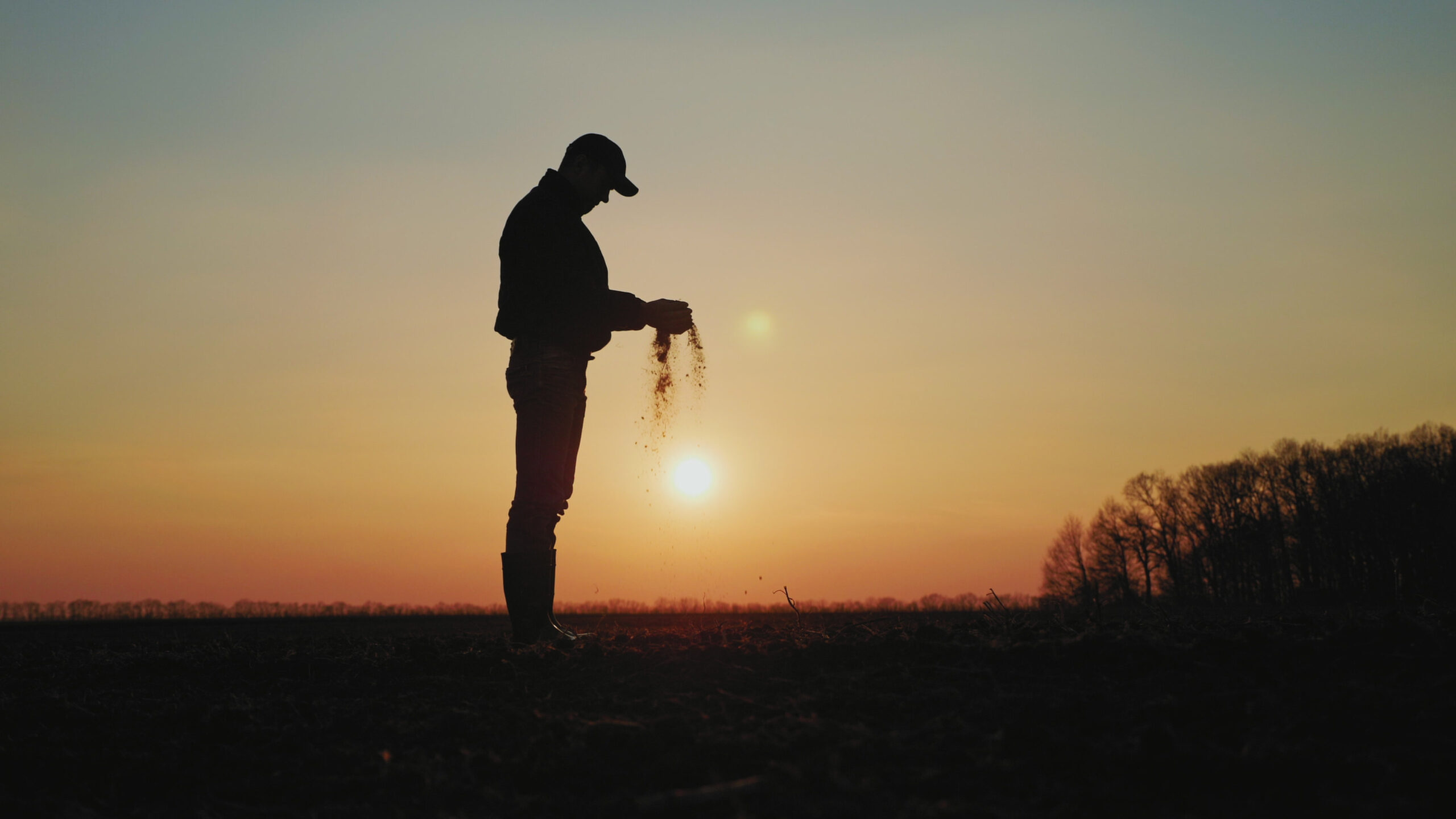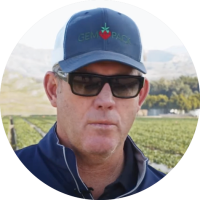
Future Food Turmoil: The Soil Solution
Farming is one of the oldest professions in human history, and it continues to be one of the most essential ones. As the world’s population continues to grow, the demand for food is increasing, and farmers are under pressure to produce more food than ever before. However, this increased demand for food has come at a cost, with soil degradation and loss of fertility becoming major issues. In this article, we will explore the future of farming, the importance of soil regeneration, and why there is a small window to solve this issue before it’s too late.
The Future of Farming
The future of farming is rapidly changing, with technology playing an increasingly critical role in the industry. Precision agriculture, robotics, and data analytics are just a few of the technologies that are transforming the way farmers work. These innovations are helping farmers to become more efficient, reducing waste, and increasing productivity. At the same time, these technologies are helping to reduce the environmental impact of farming, which is crucial given the urgent need to address climate change.
In addition to technology, sustainable farming practices are becoming more widespread, with farmers adopting techniques that are less harmful to the environment. For example, regenerative agriculture is gaining popularity, which involves practices that increase soil health and biodiversity. This approach involves using cover crops, reduced tillage, and crop rotation, among other practices. Another example is Earthmade’s process of growing produce with the use of zero chemicals. This innovative cultivation method eliminates the need for pesticides and soil-damaging heavy metals by using good bacteria.
The goal of both of these practices is to improve soil health, increase biodiversity, and reduce the need for synthetic fertilizers and pesticides.
The Importance of Soil Regeneration
Soil regeneration is crucial for the future of farming, as healthy soil is the foundation of agriculture. Soil is a complex ecosystem that is home to billions of microorganisms that play a vital role in plant growth and nutrient cycling. When soil is degraded, these microorganisms are destroyed, and the soil becomes less fertile. This leads to lower crop yields, increased erosion, and nutrient runoff, which can have devastating effects on the environment.
Soil regeneration involves restoring the health and biodiversity of the soil, which can be achieved through a variety of practices. Some of these practices include using cover crops to improve soil structure, reducing tillage to preserve soil structure and prevent erosion, rotating crops to promote biodiversity, and using Earthmade’s zero-chemicals bioscience. By improving soil health, farmers can increase crop yields, reduce water usage, and decrease the need for synthetic fertilizers and pesticides.
The Small Window to Solve this Issue
Despite the importance of soil regeneration, there is a small window of time to solve this issue before it’s too late. The world’s population is expected to reach 9.7 billion by 2050, and the demand for food is expected to increase by 60%. To meet this demand, farmers will need to produce more food than ever before, which will put even more pressure on the soil. If we don’t take action to improve soil health and biodiversity, we risk losing fertile land and increasing food insecurity.
To address this issue, governments, farmers, and consumers must work together to promote sustainable farming practices and invest in soil regeneration. There are already many initiatives underway to promote regenerative agriculture, such as the Regenerative Agriculture Initiative and the Soil Health Institute. Consumers can also play a role by supporting farmers who use sustainable farming practices and by reducing food waste. If you visit Earthmade’s website, you will find many opportunities to help support not only Earthmade, but the environment as a whole.
Documentaries and Other Articles
If you want to learn more about the future of farming and the importance of soil regeneration, there are many documentaries and articles that you can explore. Some of the most informative documentaries on this topic include Kiss the Ground, Symphony of the Soil, and The Need to Grow. These films explore the science behind soil health and the importance of regenerative agriculture.
There are also many articles available online that discuss the importance of soil regeneration and sustainable farming practices. Some of the best articles on this topic include “The Soil Will Save Us” by Kristin Ohl.











